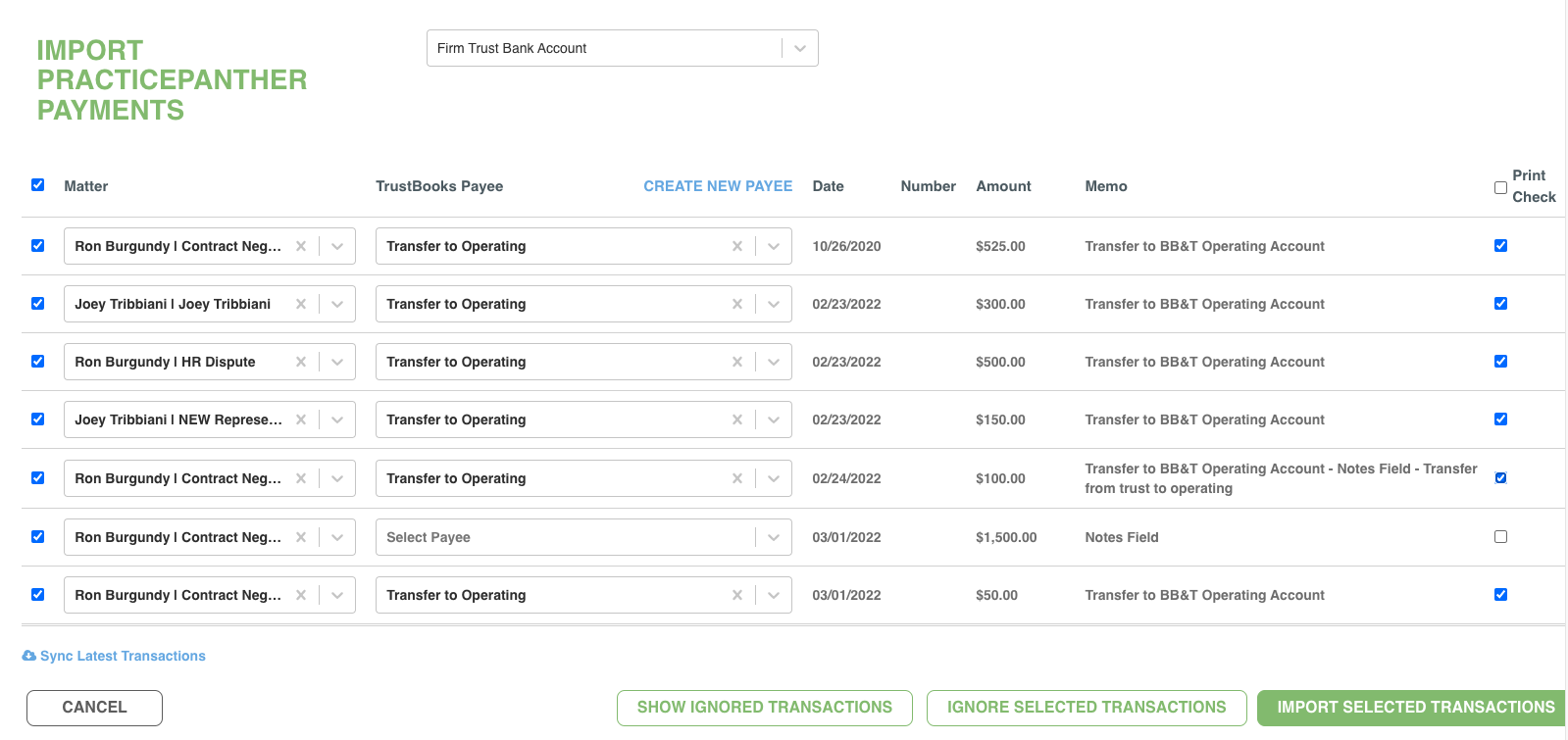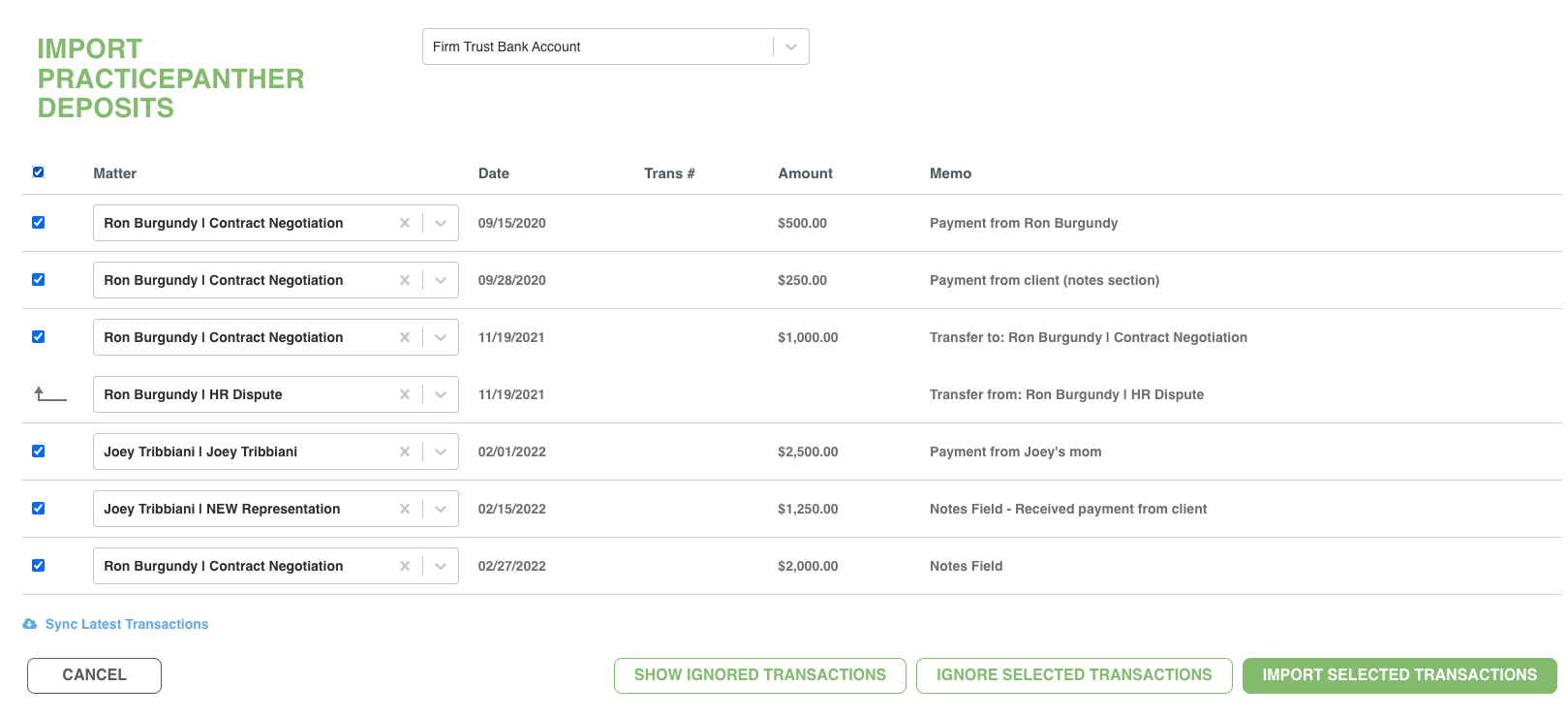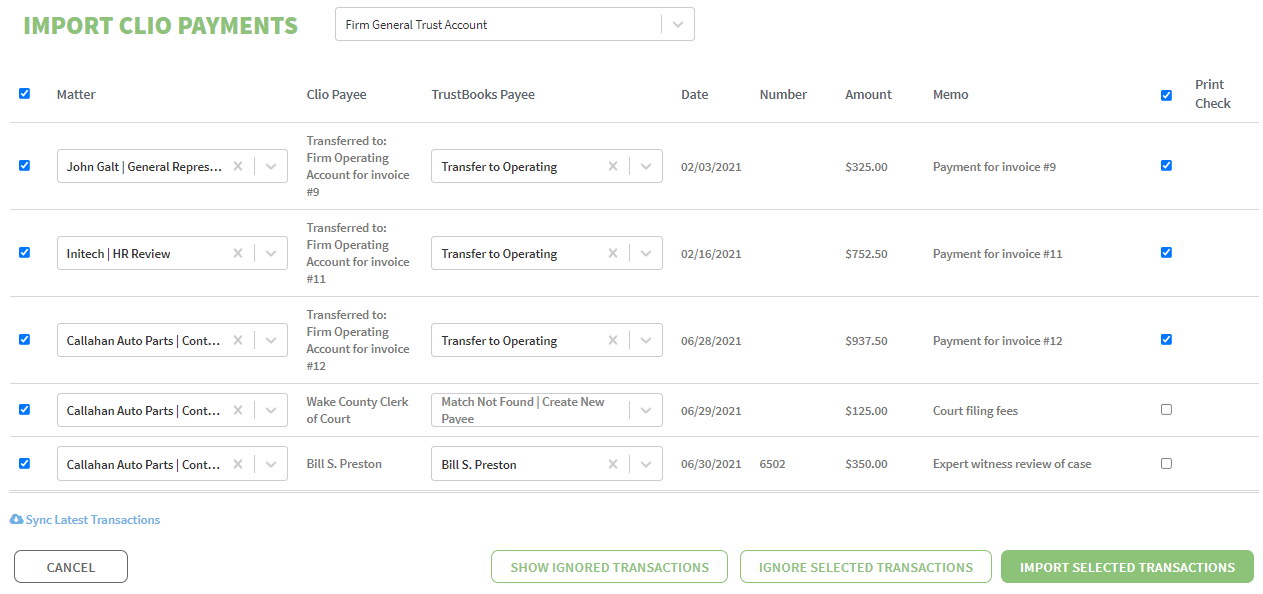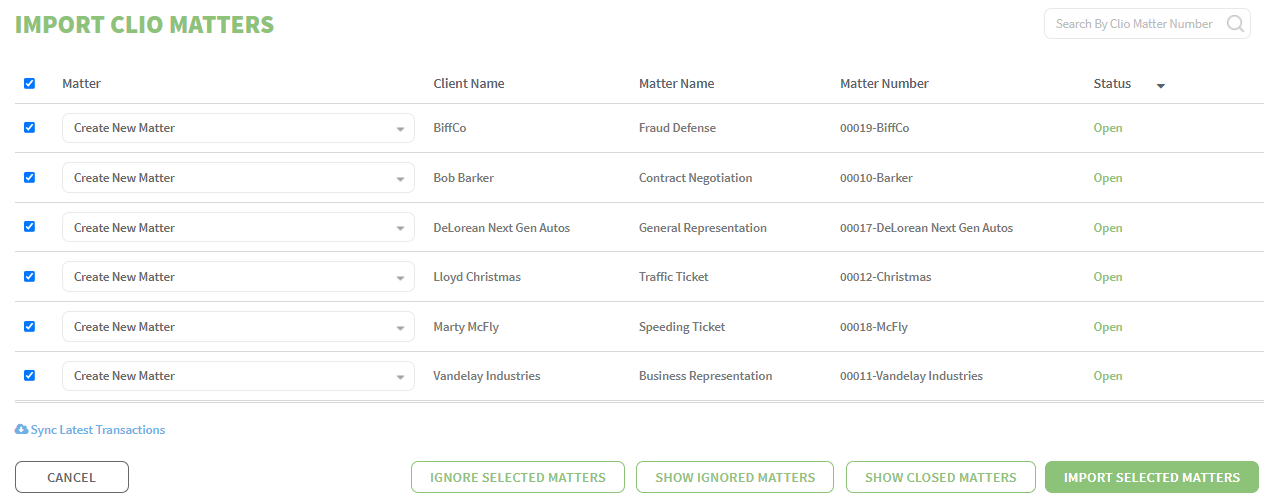Overview
What is a trust account?
A trust account is a bank account in which a lawyer must hold funds received in a fiduciary capacity on behalf of or belonging to a client or third party.
Who needs a trust account?
Any lawyer who receives funds in a fiduciary capacity in the context of his or her law practice, even if only for a brief period, must maintain or have access to a trust account before accepting funds.
What qualifies as a trust account?
Trust accounts are generally demand bank accounts held by approved banks. Trust accounts must also have check writing privileges and be clearly identified as client trust bank accounts.
What responsibilities does accepting trust funds entail?
A lawyer has a fiduciary duty to safeguard funds or property received from a client or third party in an account separate from his or her personal or business assets. It is a non-delegable, personal responsibility for as long as those funds or property remain in the lawyer’s possession. The responsibility cannot be transferred and is not excused by any ignorance, inattention, or incompetence demonstrated by the lawyer or by the lawyer’s associates or non-attorney employees.
Best Practices
Segregate Client Funds
A lawyer or law firm may maintain one trust account for all their clients’ trust funds. However, no client’s funds should ever be used on behalf of another client. To ensure that funds are never misappropriated, a lawyer must maintain a client ledger for each client that accurately records any and all activity related to that client.
Do Not Overdraw Accounts
A lawyer cannot knowingly or unknowingly disburse money on behalf of a client in an amount that exceeds the client’s available funds. For example: If Client A has $100 in her trust account, the most that a lawyer could disburse for her would be $100. To disburse anything greater than $100 for Client A would be borrowing against another client’s assets, an action that is strictly prohibited.
Ensure a Net Zero Balance
The goal in client trust accounting is to make sure that every dollar a lawyer receives on behalf of a client is paid out. What is deposited for each client must therefore also be disbursed. Ultimately, every client ledger achieves a net zero balance.
Keep Accurate and Timely Records
With the numerous transactions flowing into and out of a lawyer’s trust account, it is important to maintain proper documentation. To ensure that a lawyer does not violate any of the trust account regulations stipulated by the state bar association, they must record all transactions to and from the trust account in a timely manner. Maintaining current, complete, and accurate records generates transparency and allows law firms to optimize operations and reduce risk. It also creates an audit trail so that lawyers can illustrate that they have taken proper care with their clients’ funds and can resolve any questions that arise.
Important records for attorneys to keep and maintain include: bank statements or documents received from the bank regarding the account, instructions or authorizations from clients to transfer, disburse, or withdraw funds, client ledgers for each client who has funds held in account, and all records relating to the trust reconciliations.
Account Actions
Deposits
A lawyer serving as a fiduciary should immediately place all funds received or held on behalf of a client into a trust account or fiduciary account. No moneys belonging to the lawyer may be deposited into the trust account, except such funds as are necessary to open or maintain the account, i.e., monthly service fees.
When making a deposit, a lawyer should always print the deposit slips to include the name of the lawyer or law firm, the client or matter name, the trust account designation, the account number, the routing number, and the amount.
Every deposit should then be recorded in the associated client ledger, along with the check number, the date of deposit, and a description of the funds received.
Disbursements
A lawyer can only disburse funds from the trust account for payments made on behalf of a client. Acceptable payments include, but are not limited to client costs and expenses, settlement proceeds, and legal fees. Payments may not exceed the amount of money available to the client in the trust account at the time of disbursement. Bank charges, such as monthly service fees, should only be paid out of a trust account if the attorney has deposited sufficient, personal funds to cover them.
When writing out a trust check, an attorney must include the trust account designation on the face of the check and the client name or matter and purpose in the memo field.
Every disbursement should then be recorded in the associated client ledger, along with the check number, the date of disbursement, and a description of the outgoing funds.
Reconciliations
The reconciliation process requires a lawyer to compare the trust account bank statement, the client ledgers, and the general ledger and record any discrepancies among them. Performing the reconciliation provides third-party evidence—in the form of a trust bank statement—that a lawyer has maintained complete and accurate records of their trust account. As such, reconciliations should be performed on a monthly basis, when the trust bank statements are received.
Disclaimer: This guide is intended to be a brief overview of trust accounting rules and regulations, and, as such, it does not cover every rule and regulation having to do with trust account management. It is each lawyer’s responsibility to make sure that they review and follow the most recent rules of professional conduct for the state in which they practice.















